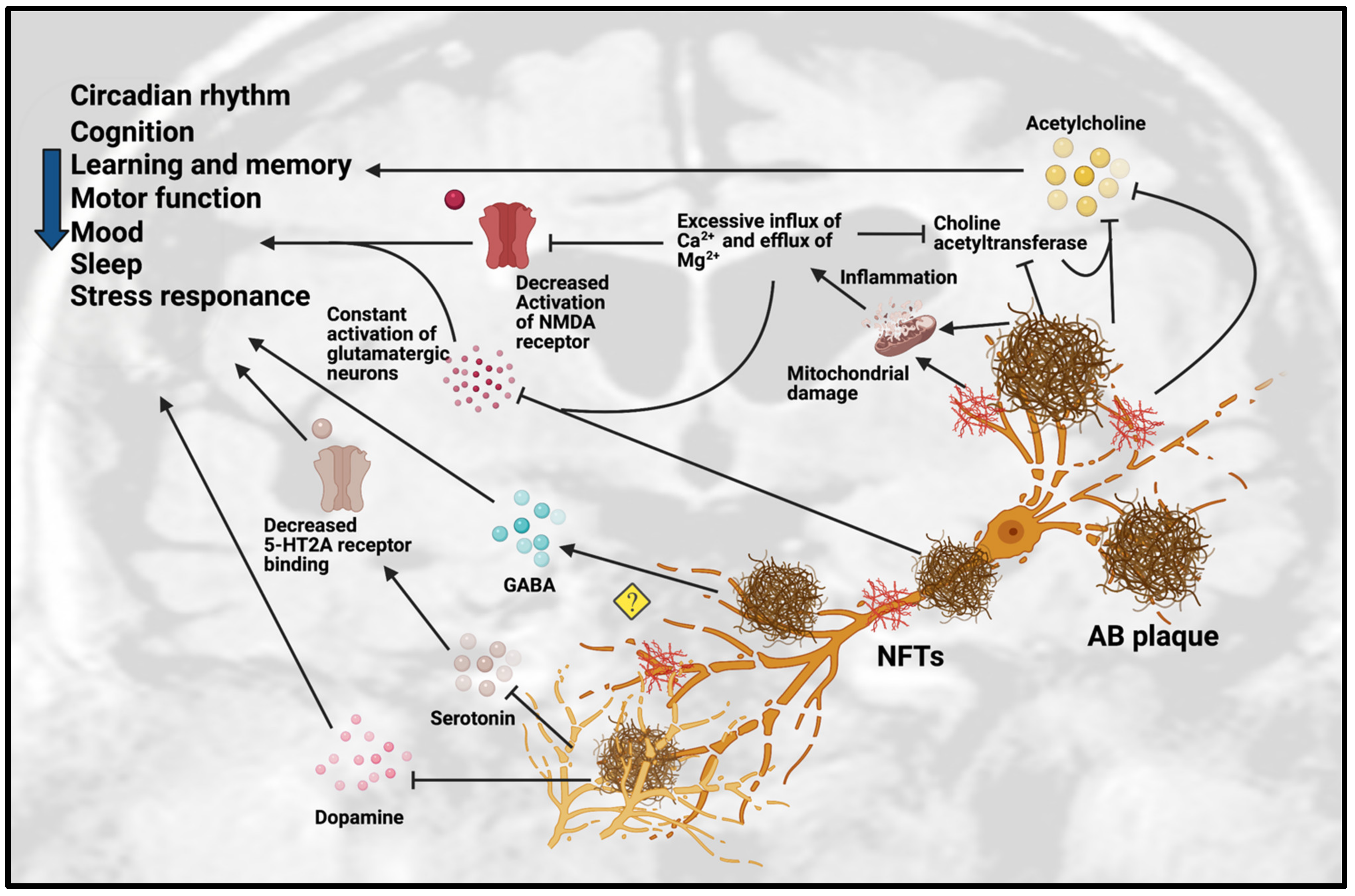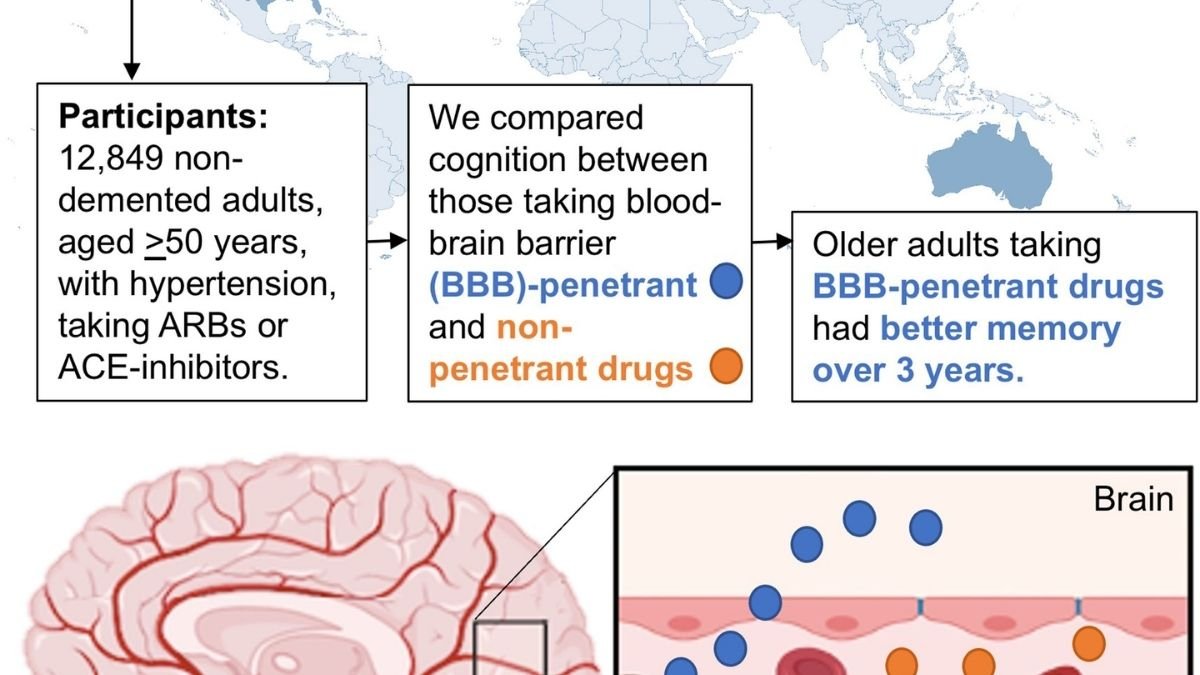Researchers at the National Institute on Aging (NIA) developed an anti-inflammatory drug candidate known as 3,6′-dithiopomalidomide (DP), which protected lab mice against cognitive decline by reducing brain inflammation. The findings of an international research team led by NIA scientists were published in Alzheimer’s and Dementia: The Journal of the Alzheimer’s Association. The National Institutes of Health includes the NIA. The findings provide new evidence that brain inflammation, which occurs decades before Alzheimer’s symptoms appear, is a key neuropathological pathway of interest in the search for potential Alzheimer’s treatments. Researchers used a mouse model specifically designed to produce up to five times the normal levels of beta-amyloid plaques to investigate whether brain inflammation was directly involved in the cognitive loss.

These plaques are a defining feature of Alzheimer’s disease and are thought to contribute to a destructive inflammatory response in the brain. After four months of DP treatment, the mice had less brain inflammation and neuron death, as well as more neural connections in areas of the brain responsible for memory and attention. DP-treated mice also improved in behavioural laboratory tasks that tested spatial and working memory, as well as anxiety and motor function, which the researchers believe is protective against cognitive impairment.
Lead Author of the WHO Study:Nigel Greig, Ph.D., chief of the NIA Intramural Research Program’s Drug Design and Development SectionRichard J. Hodes, M.D., is the Director of the National Institute of Allergy and Infectious Diseases.
NIA’s scientific director, Luigi Ferrucci, M.D.














